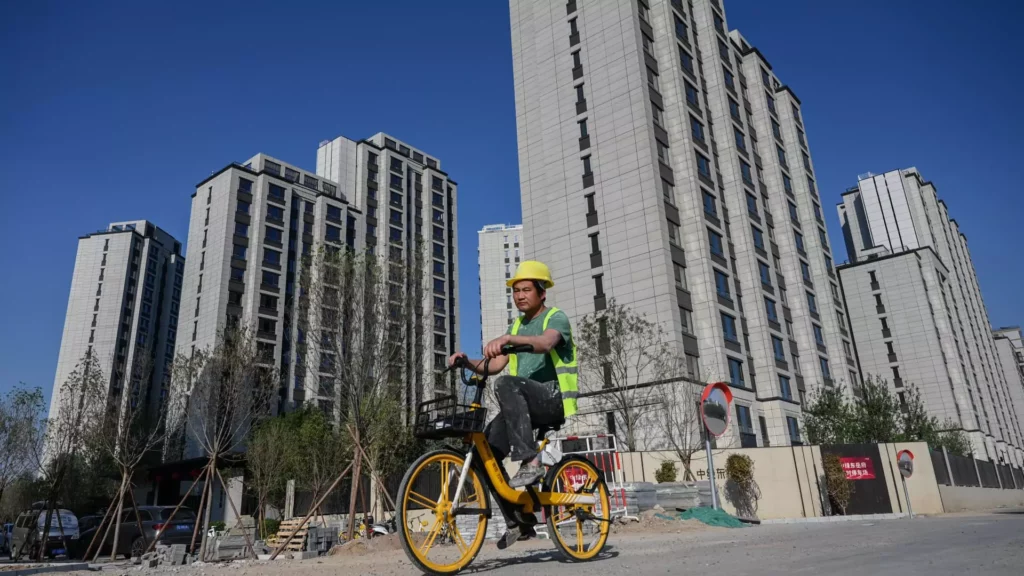![]()
The International Monetary Fund (IMF) has revised its growth forecast for China, predicting a 5% growth rate for this year, up from 4.6% previously. This adjustment is a result of strong first-quarter figures and recent policy measures undertaken by the Chinese government. The IMF also anticipates a growth rate of 4.5% in 2025, surpassing the previous forecast of 4.1%. However, by 2029, growth is expected to slow down to 3.3% due to factors such as an aging population and slower productivity growth.
Economic Performance in the First Quarter
China’s economy exceeded expectations by growing at a rate of 5.3% in the first quarter, driven by robust exports. While industrial activity showed improvement, data for April revealed sluggish consumer spending. In response, Chinese authorities implemented measures to support the struggling real estate sector, such as lifting the floor on mortgage rates. IMF’s first deputy managing director, Gita Gopinath, emphasized the need for more comprehensive actions to bolster the housing market and stimulate demand.
Recommendations for Sustainable Growth
During her visit to China, Gopinath met with key officials, including the People’s Bank of China Governor, Ministry of Finance Vice Minister, and PBOC Deputy Governor, to discuss macroeconomic policies and structural reforms. Gopinath stressed the importance of supporting domestic demand and addressing downside risks to achieve high-quality growth. Chinese President Xi Jinping highlighted the need for policies promoting “high-quality, sufficient employment,” particularly for college graduates and young people.
The IMF’s upward revision of China’s growth forecast reflects positive first-quarter performance and supportive policy measures. However, challenges such as an aging population and slow productivity growth may pose obstacles to sustained economic growth in the long term. By implementing structural reforms and addressing underlying imbalances, China can pave the way for a more stable and prosperous economy. It is essential for policymakers to prioritize sustainable growth strategies and employment support policies to ensure a resilient and inclusive economic recovery.

Leave a Reply